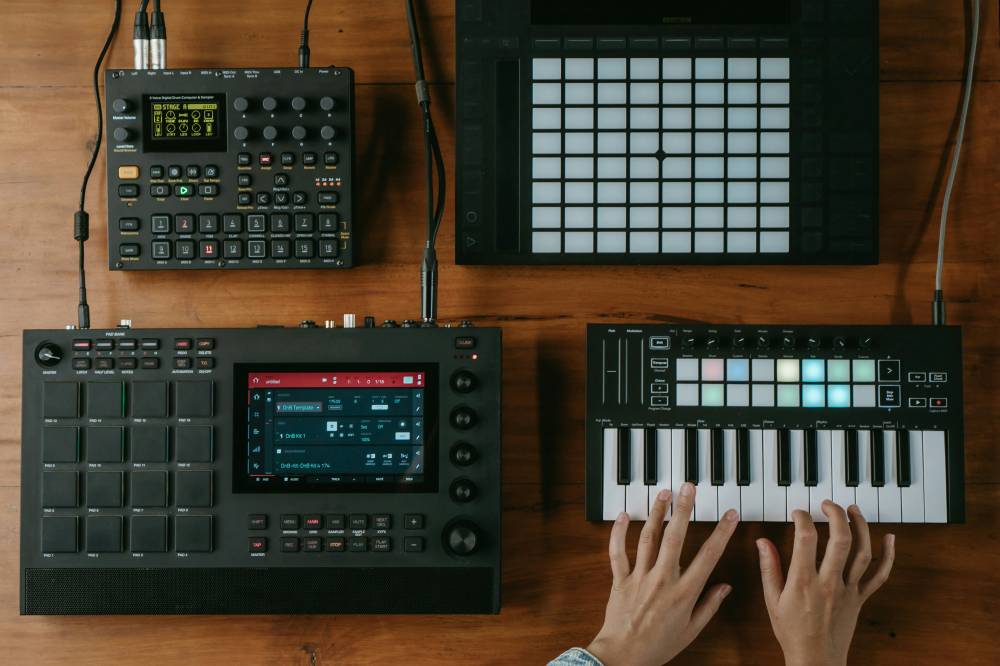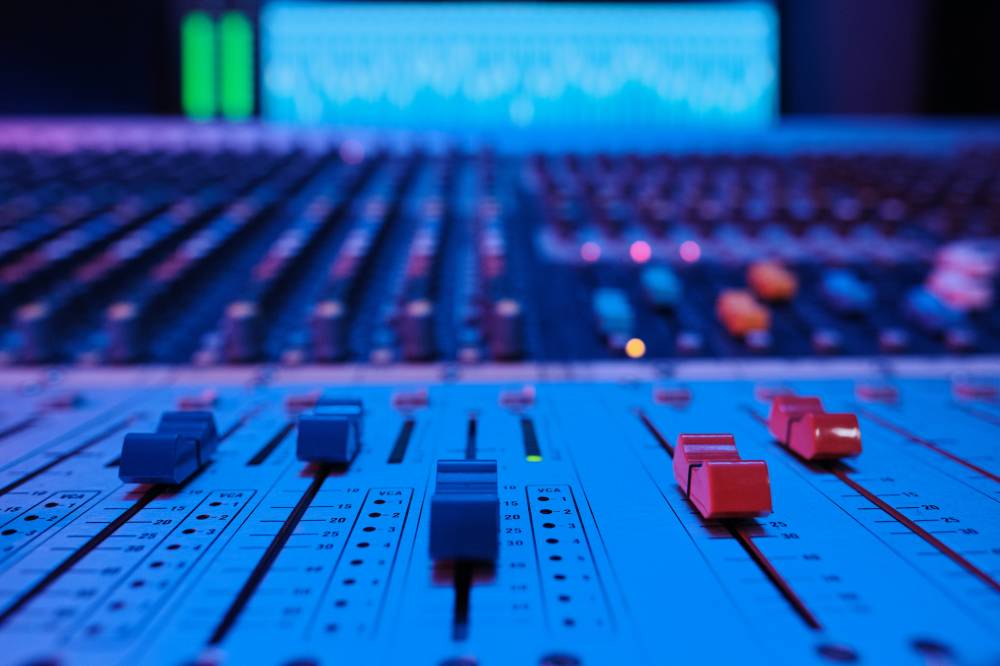AI licensing deal puts the future of human-made music into question

Universal Music and Warner Music, according to a Financial Times report, are allegedly closing in on a licensing deal allowing artificial intelligence (AI) companies to use copyrighted material to train their models and create AI-generated tracks.
The conglomerates are reported to be in talks with AI startups such as ElevenLabs, Stability AI, Suno, Udio, and Klay Vision, and are seeking compensation similar to a streaming service subscription in exchange for allowing these companies to use their music.
Protection or encouragement?
Coming seemingly out of nowhere, AI in relation to the arts have spread like wildfire, threatening writers, videographers, editors, and musicians alike.
What’s worse? The markers identifying AI-generated photos and videos continue to evolve each day—making it even harder to know whether or not a piece of media is original or not. What more for music when it’s already hard enough to distinguish between ill-intentioned plagiarism and innocent interpolation? Even Charlie Puth himself says, “There’s only 12 notes on a scale, so when you’re writing a new song, there are bound to be similarities with an older song.”
While no deals have been made as of writing, this comes after AI tools like Suno and Udio have come under fire for using copyrighted music to train their models without the consent of the original artist. In June 2024, the Recording Industry Association of America® (RIAA) filed two copyright infringement cases against Suno and Udio based on their alleged mass infringement of copyrighted sound recordings without permission.
“These are straightforward cases of copyright infringement involving unlicensed copying of sound recordings on a massive scale. Suno and Udio are attempting to hide the full scope of their infringement rather than putting their services on a sound and lawful footing,” said RIAA chief legal officer Ken Doroshow.
Not to mention, even Grammy Award-winning producer Timbaland—an endorser for Suno—came under fire for using an independent creator’s beat without permission in a video promoting the AI platform.
According to Dorien Herremans, associate professor at the Singapore University of Technology and Design, “commercial models such as Suno and Udio have not disclosed their training datasets, nor their model details. This raises important questions about how we should deal with copyright to facilitate ethical AI development in the music industry.”

The cost of the new age of music
Photo and video AI generators have to be fed existing content to be able to generate their responses. It is only a presentable amalgamation of hundreds of thousands, if not millions, of examples it is copying from. Music, in this case, is made with that same process. When a prompt is written asking for an ‘R&B track with K-pop influences,’ AI isn’t composing a track through inspiration, but a copy disguised as original work.
Striking a deal with these AI companies, on one end, protects the artist and the label financially. Platforms like ElevenLabs, Stability AI, Suno, Udio, and Klay Vision make their money based on the training and reference their copyrighted material offers. Charging them in subscription or per-play fees evens this out.
But on the other hand, licensing music to AI platforms not only legitimizes their operation, but also further dilutes an industry already filled with talented musicians.
While both Spotify and YouTube have their respective AI policies, these only mainly require indicating AI’s role in the creation of a piece of media—unless a song directly impersonates an artist.
To an independent musician, the cost of AI runs high and ranges from losing out on potential listeners to seeing a craft you’ve perfected over the years become reproducible at the press of a button. For AI, a simple tag and caption.
Between its role as a tool to democratize and expedite the music-making process, and its potential to infringe upon the rights of artists, for better or worse, AI is revolutionizing the music industry. But at a time when record labels should be protecting their artists, much can be said about how they’re instead striking a deal.
Intellectual property sounds good and all, but it seems they’re more interested in securing a paycheck over defending the passion and humanity that goes into making music. But then again, that’s record labels for you.

















